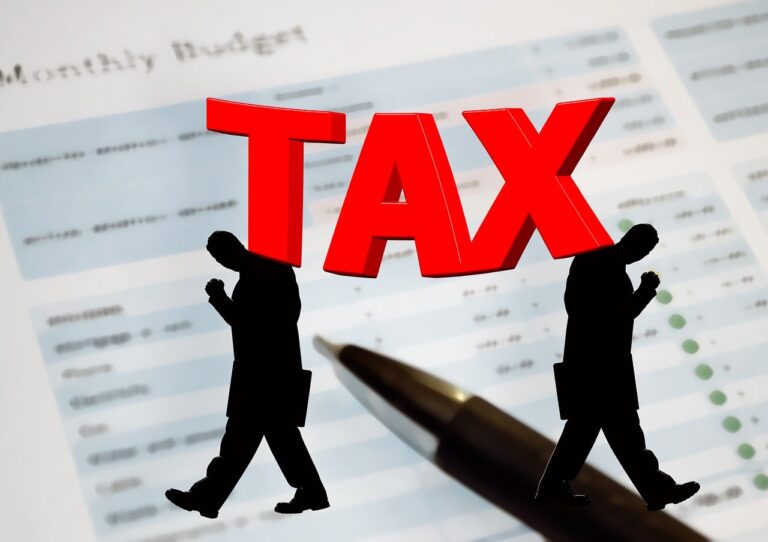
When to File an IRS Audit Appeal?
There is very little that causes more fear for a business owner than the thought of an IRS tax audit. That being said, generally, most small business owners will face an audit at some point or another. And an audit is not as scary as it seems, especially if you work with a San Francisco tax attorney who has experience working with the IRS. Even if you are faced with an audit, the IRS already has an appeals process that you, as the taxpayer, can utilize to appeal your audit findings. Let’s take a look at the IRS audit appeals process and when it may work for your business.
It’s important to understand that not everyone is eligible to appeal an IRS audit. There are generally three rules that determine whether you can appeal, and all three must be present.
- You receive a letter from the IRS stating that you have the right to appeal.
- You do not agree with the IRS’s decision with respect to your audit.
- You did not sign an agreement form sent to you by the IRS.
You’ll also want to consider whether the IRS made an incorrect decision with respect to your audit. If that is a consideration, make sure to identify whether that decision was based on a misinterpretation of the law, or if they didn’t apply the law due to a misunderstanding of the facts.
Consider also whether the IRS is taking inappropriate collection action against you, or if the facts the IRS used are incorrect. In all these instances, be prepared to clarify and support your position with facts, evidence and sound arguments. Both of those scenarios are where an experienced San Francisco tax attorney can help you in the audit process.
If all of those are true in your case, then you may request an appeals hearing. To do that, complete your appeal in the form of a written protest and mail it to the address that is included in the IRS letter you received that explains your appeal rights. Do not send your protest directly to the IRS Independent Office of Appeals (Appeals), as this will only delay the process. The IRS Examination or Collection office that made a tax assessment or initiated collection action will consider your protest and attempt to resolve the disputed tax issues. If that office can’t resolve your issues, they will forward your case to Appeals for consideration. Additionally, if you’re appealing a collection decision, you should select the IRS appeal procedure that corresponds to your type of case for specific instructions to prepare your appeal.
You may also want to consider who will represent you in your appeal. You can certainly do it yourself, but it may serve you better to work with an experienced tax attorney, certified public accountant, or an enrolled agent authorized to practice before the IRS.
Appealing an IRS audit is a common process. But knowing how to appeal and the evidence the IRS needs is something that an experienced San Francisco tax attorney can help you with and can decrease bumps in the road. Don’t feel you need to appeal to the IRS by yourself. Utilize the help of an experienced tax lawyer and give yourself some peace of mind.
Allison Soares is a partner and tax attorney at Vanst Law. Before starting her own practice, Soares was a partner at a tax law firm where she honed her skills handling a wide variety of tax and employment-related cases. In addition to her legal work, she has worked in accounting and utilizes that knowledge to her advantage while handling cases involving EDD audits.

